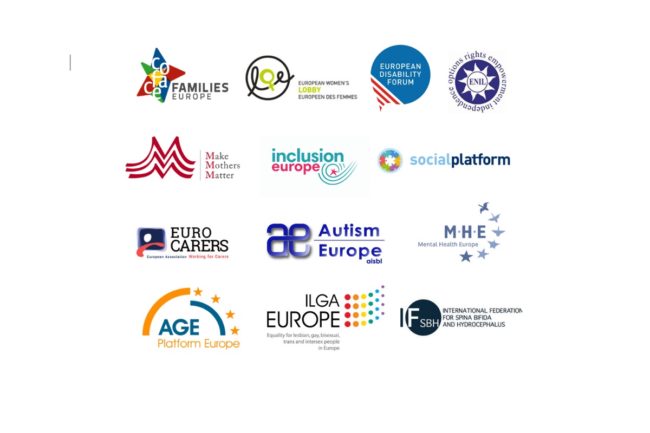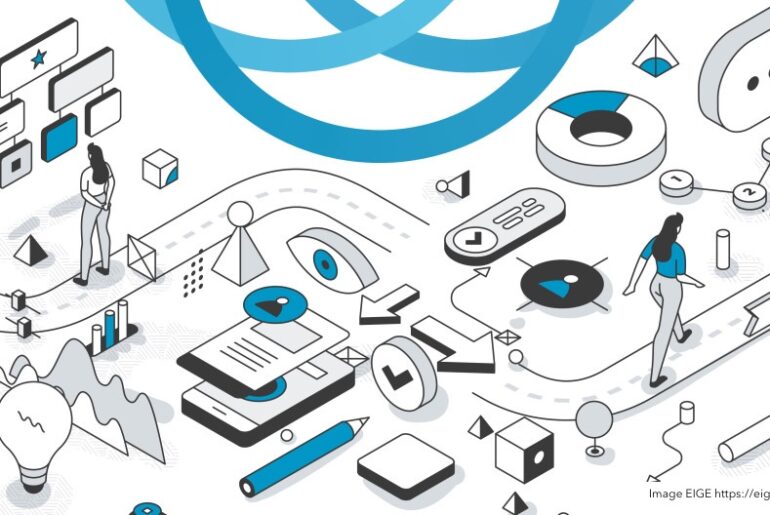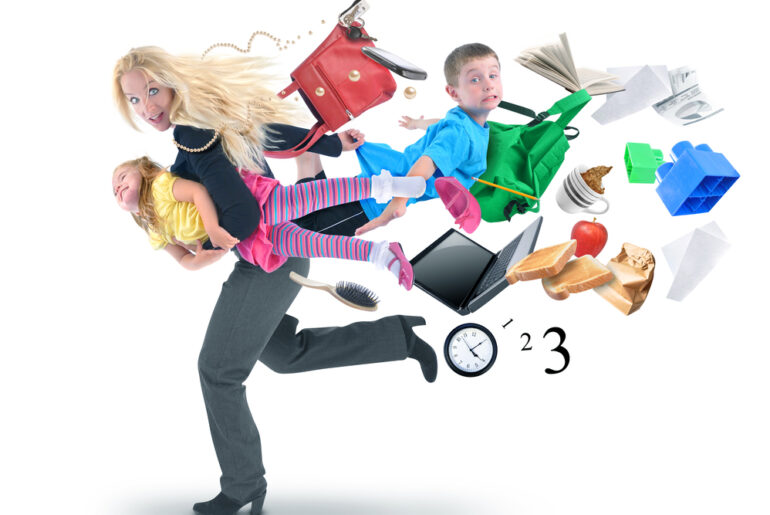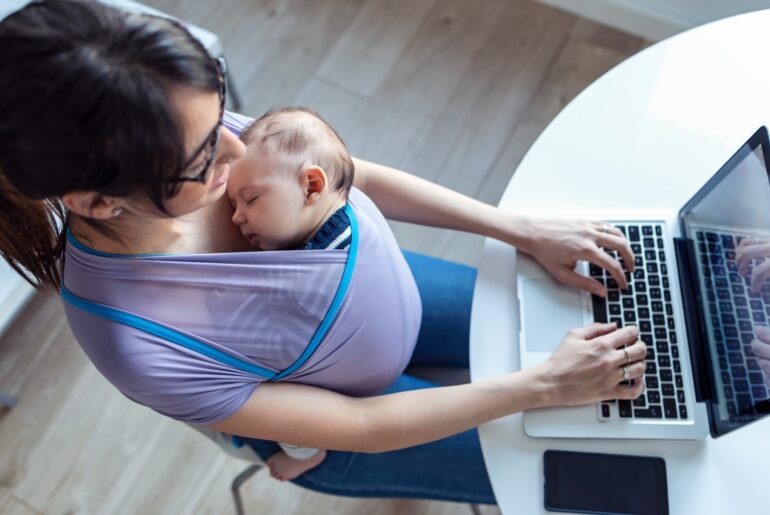Civil society joint statement: What voters want from the EU Work-life balance directive
05.11.18
In half a year, European citizens will be called to vote for a new European Parliament and give an indication on whether they are satisfied with the current leadership or wish to change it. Leaders and parties will be judged on how much and what they delivered to citizens. If we had to assess the EU Work-Life Balance Directive process under this lens, we would consider that the European Commission completely filled its role of initiative by proposing a legal text that was aiming in the right direction and encompassed the needs of millions in Europe.

Members of European Parliament amended the text last July bringing it even closer to the needs of people, listening to the voices of their constituencies and of civil society. On the other hand, the text proposed by the Council of Employment Ministers lowers standards and shows clearly it will not respond to citizens’ needs in a coherent way.
The proposal for an EU Work-life balance Directive is being negotiated in these coming weeks and the European Parliament and Member States representatives have a unique opportunity to bring positive change in the life of millions.
On this occasion, we would like to congratulate the Members of European Parliament for their understanding of the situation of families on the ground. We call on the European Parliament and Member States representatives to avoid useless blockages and reach a quality agreement by the end of 2018. The quality of this agreement will be measured by the inclusion of a number of minimum standards:
- A text that keeps the life-cycle approach and includes paternity, parental and carers’ leave schemes.
- The definitions and support and leave schemes in the directive must be consistent with the UN Convention on the Rights for Persons with Disabilities (UN CRPD), which is ratified by the EU and all Member States.
- EU paternity leave of at least ten days paid at least at 80%.
- Improvement of the parental leave scheme, with at least four months non-transferable paid at least at 78% of previous earnings.
- European carer’s leave scheme of 5 days/year paid at least 78% of previous earnings.
- The right to request flexible working arrangements for parents and carers (telework, reducing working time, flexible schedules).
- Ensure the recognition of family diversity, by opening access to these provisions to rainbow and adoptive families, by including special provisions for single parents and parents and children with disabilities and by recognizing the right of persons in need of care and support to choose their carer.
Reaching a compromise on an ambitious text by the end of the year is feasible, it is only a matter of political will. We call on decision-makers to show citizens they care and reach an agreement on the work-life balance directive before the end of 2018. It is the last chance they have, before they will be put under scrutiny, in the ballot box.
For more information on the work-life balance directive proposal
Envisioning care as a common thread to global crises
29.07.24
UN New York - Our virtual HLPF side-event brought together experts to shed light on how the various global crises we face (in particular climate change and other environmental crises,
We call for multi-stakeholder approach to recognise and support unpaid care work
21.07.24
UN New York - Participating in the meeting of the UN Economic and Social Council (ECOSOC) on care and support systems, MMM reaffirmed the principle of co-responsibility, which should underpin
The New EU Gender Equality Roadmap : A Call for Inclusion of Mothers
04.03.25
The European Commission’s initiative on a new Gender Equality Roadmap post-2025, marks a significant step forward in addressing gender disparities across the European Union. Make Mothers Matter (MMM








